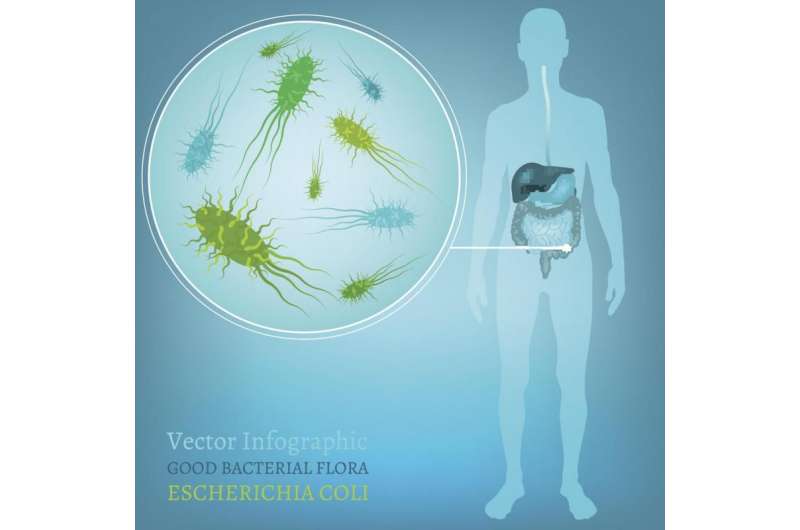A new lead in the quest to understand Alzheimer's

A consortium of European researchers is pursuing a new and unexpected lead in Alzheimer's research. They are examining the intestinal microbiome and its effect on neurodegeneration. EPFL is coordinating the consortium, which is part of the pan-European Horizon 2020 initiative.
Why are some people predisposed to Alzheimer's? A consortium of researchers has recently identified some unexpected and promising leads in the quest to understand the relationship between our intestinal bacteria and Alzheimer's. They are analyzing the body's microbiome – the microorganisms in our digestive tract – and how it is regulated. Determining the composition and functioning of the microbiome will help them identify risk factors, develop a new diagnostic tool and maybe even come up with a way to delay the onset of this neurodegenerative disorder.
The consortium is looking at what happens when probiotics are used to regulate the microbiome and how they may affect the progression of the disease. This approach will also be applied to developing a new diagnostic tool for Alzheimer's.
The project, called AD-gut, will be coordinated by EPFL. The team led by EPFL Professors Aleksandra Radenovic, Dimitri Van de Ville and Théo Lasser will also work on developing various imaging techniques in order to decipher the microbiome along with theranostic methods aimed at revealing the beneficial effects of probiotics. The following European researchers are bringing their team's skills to the project: Johan Hofkens (University of Leuven, Belgium), Tanja Weil (Max Planck Institute, Germany), Kathy McCoy (University of Bern, Switzerland), Frida Fåk (Lund University, Sweden) and Jeroen Raes (VIB, Belgium).

















